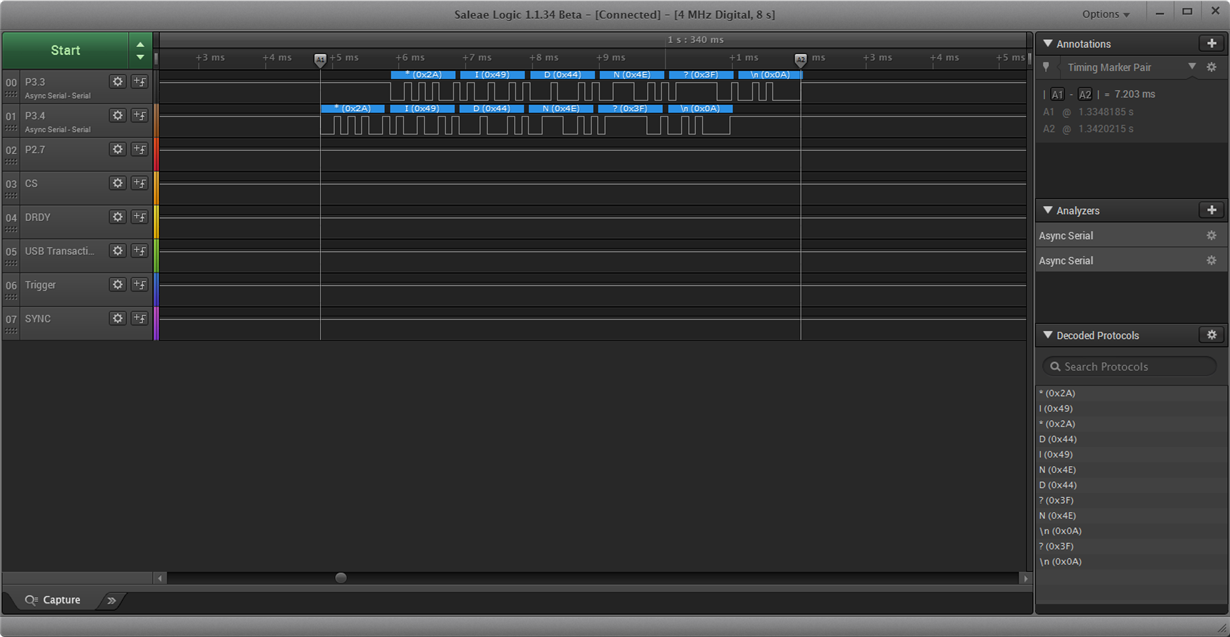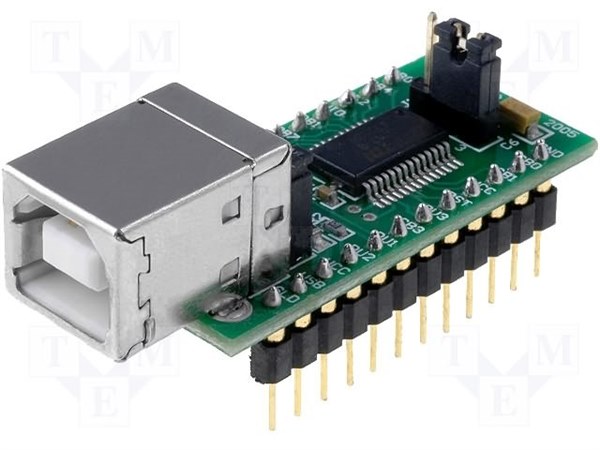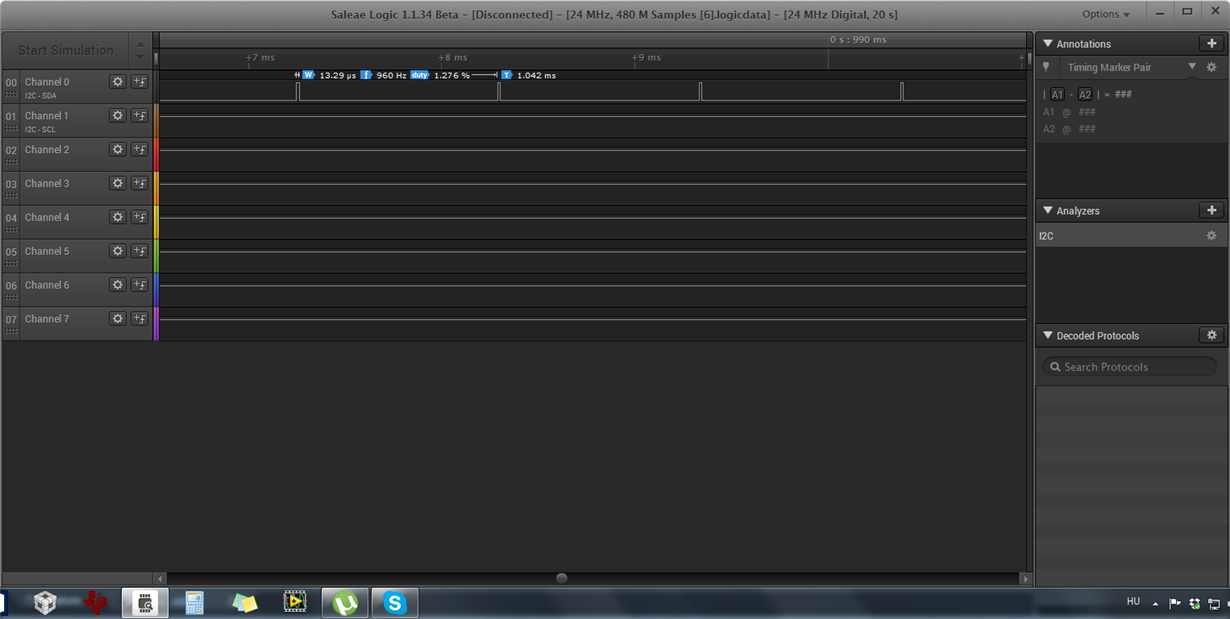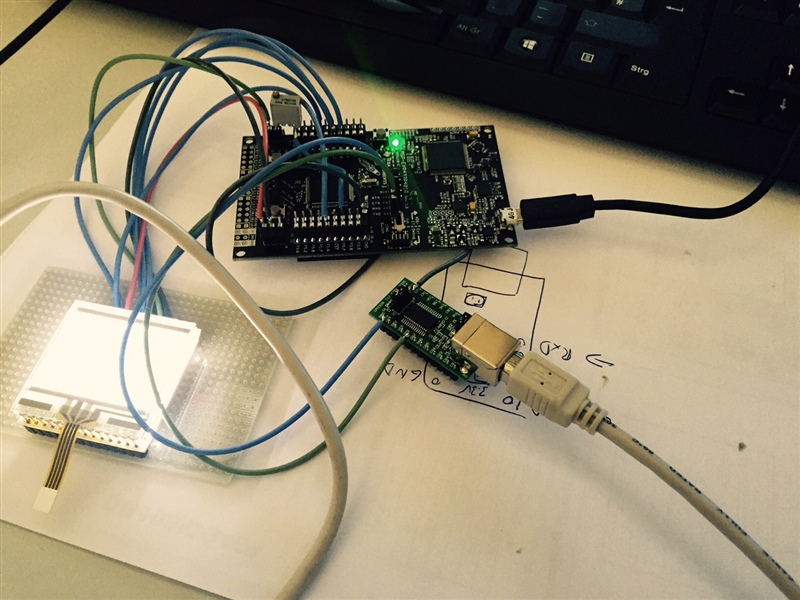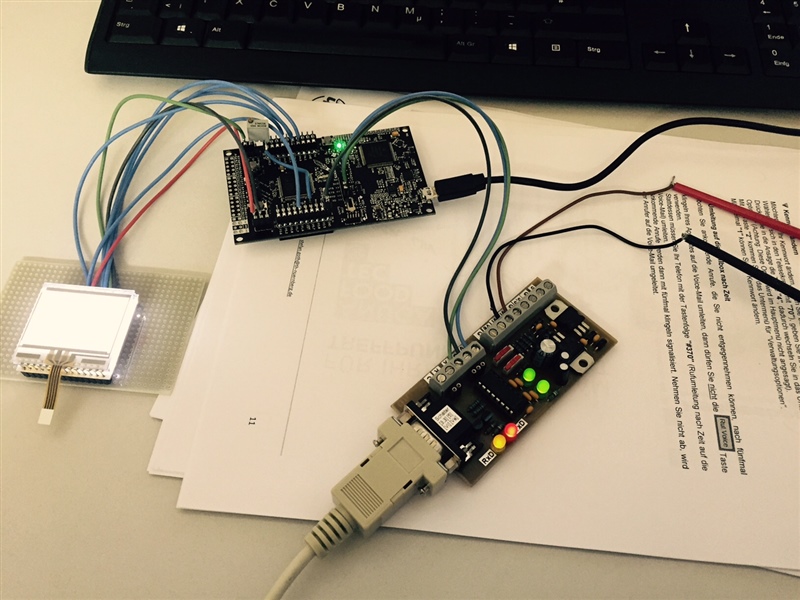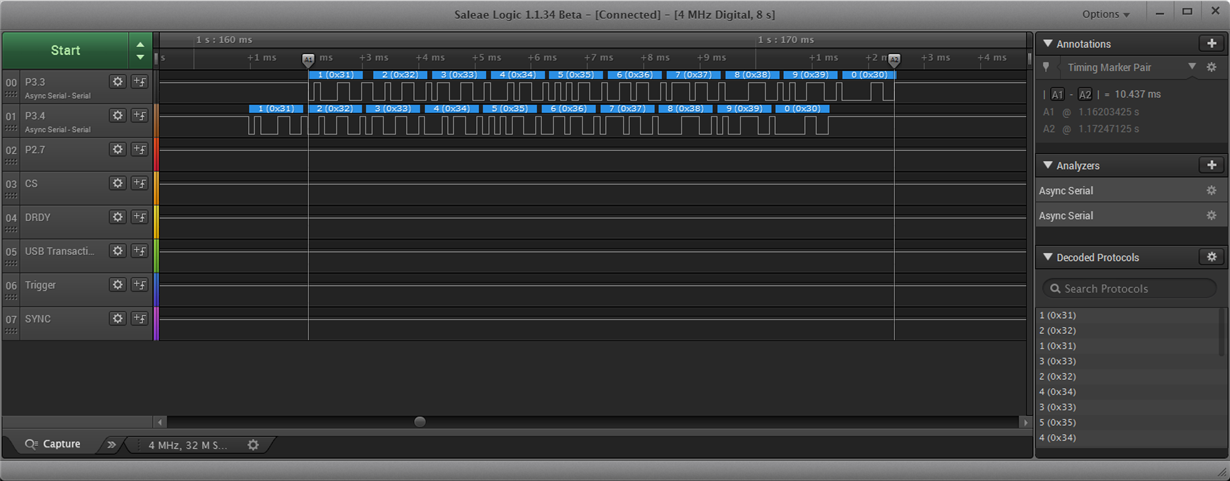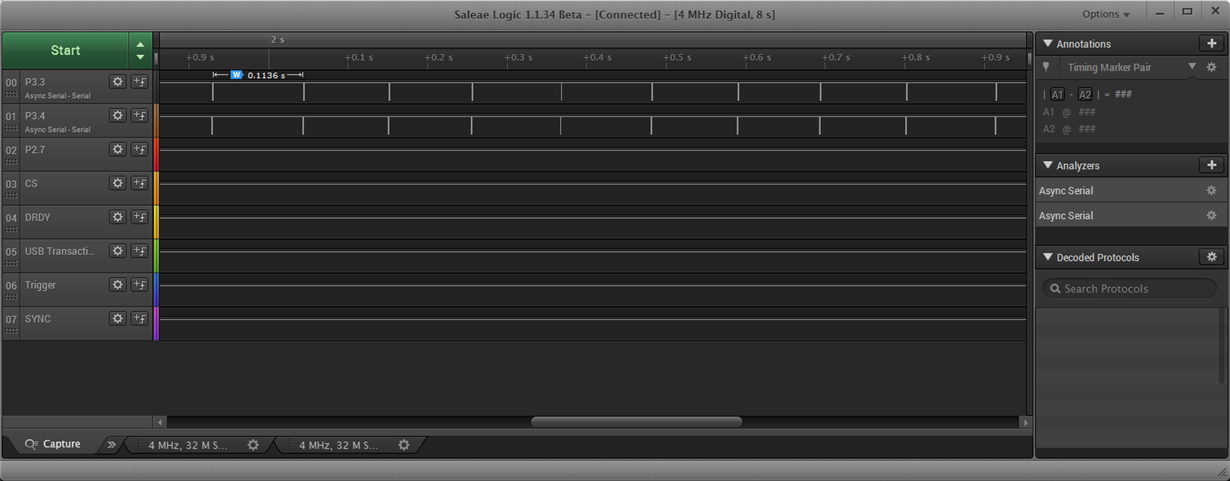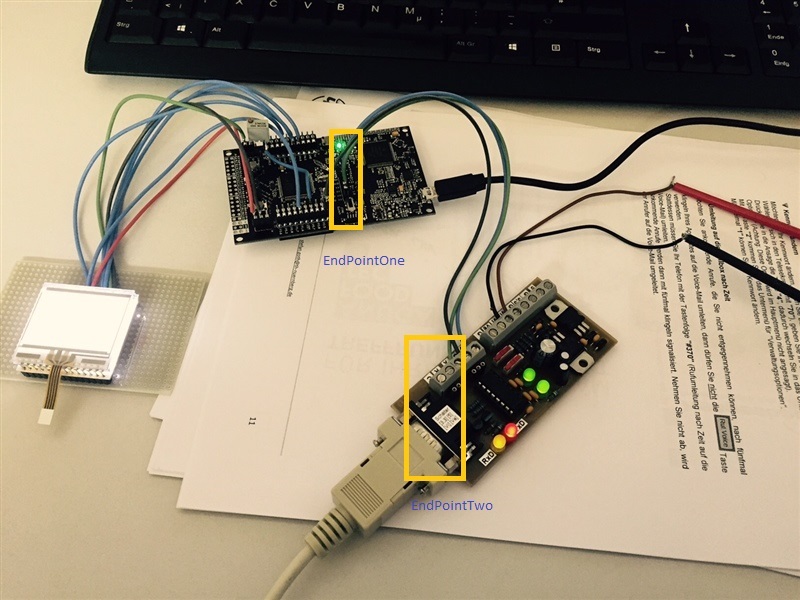Dear TI Community,
I am in trouble with MSP-EXP432P401R Launchpad UART module. I am trying to evaluate the boar uart capabilities with the DriverLib example:uart_pc_echo_12mhz_brclk. Uploaded the example code to the device and created a host program with LabVIEW. To keep everything simple, on MSP side I have not made any modification on the example code. In LabVIEW using Example finder with keywords "Serial" the vi named: "Basic Serial Write and Read.vi" you can find the host VI for test.
My problem is: The elapsed time between sending a byte to the MSP UART and receiving a byte takes too long. In the above example, it takes 150 ms to get a reply from MSP432.
I have tried the following:
- Changing the USB ports (type 2.0 | type 3.0)
- MCLK speed, UART speed,
without any success.
Anyway, it takes 150ms to get a first character from the MSP. If I sending back more bytes to the host, the speed is OK.
Could you help me to handle this issue? Thank you so much!


